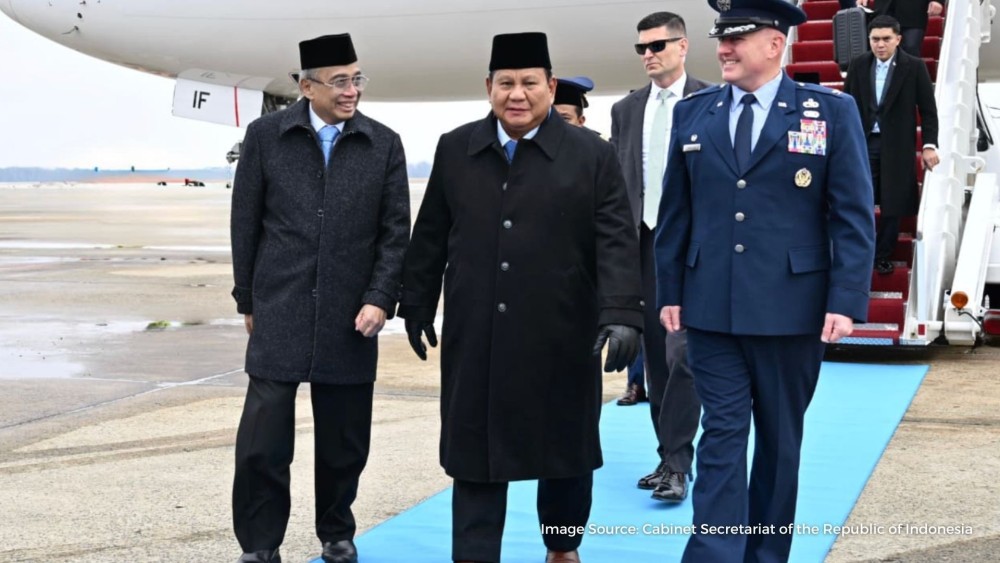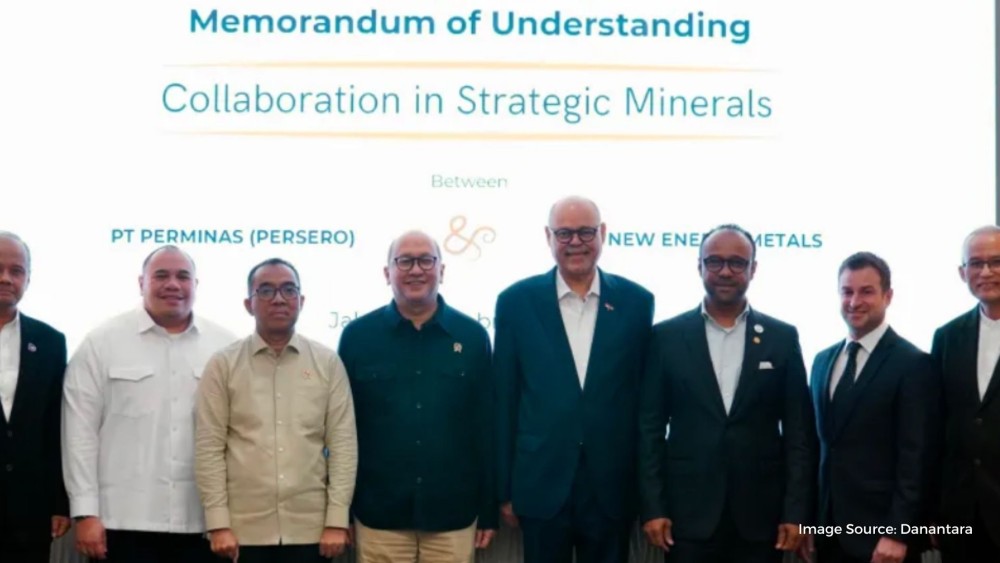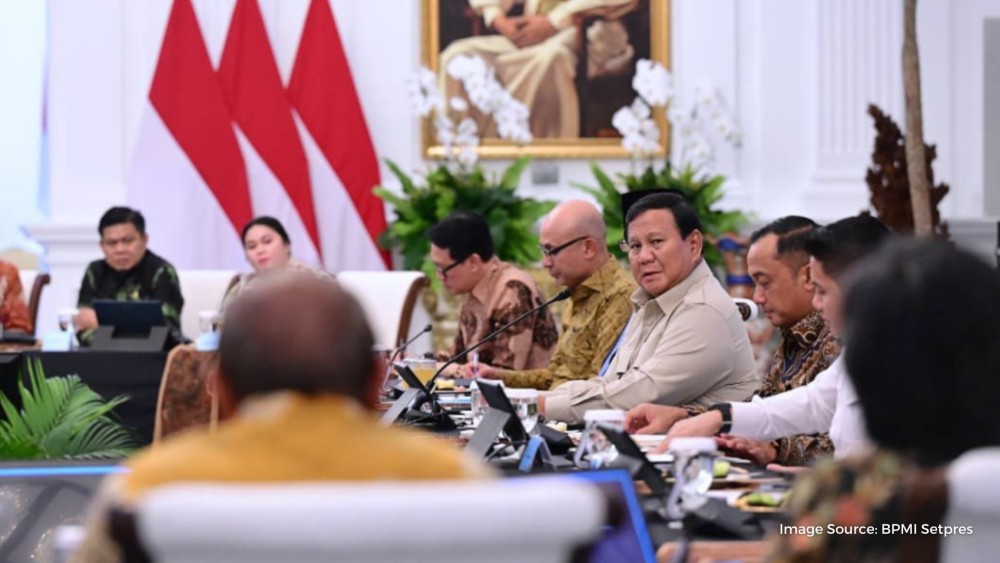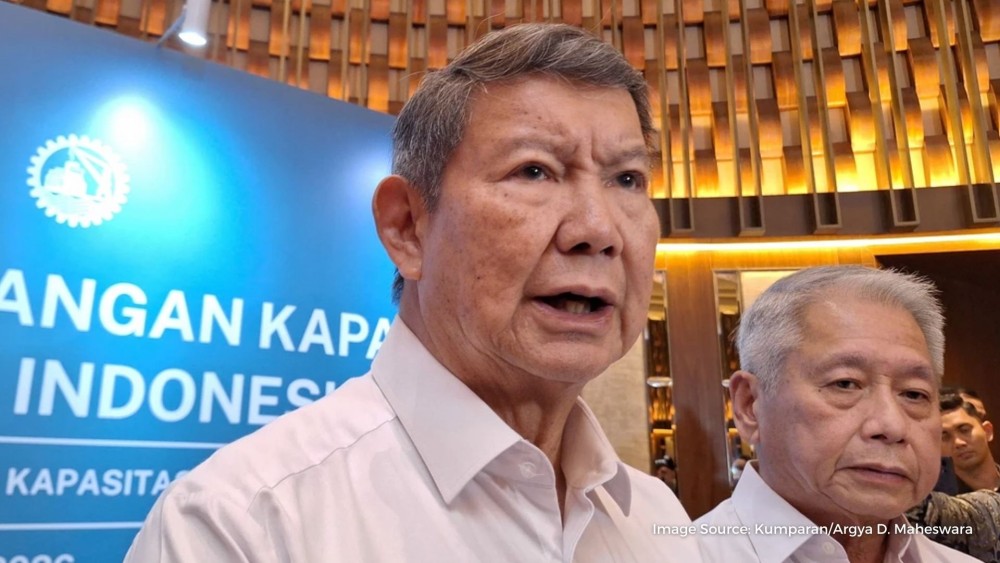Indonesia's PMI Contracts for Five Consecutive Months, Lags Behind Other ASEAN Countries
03 Dec 2024

The rating agency S&P Global reports that Indonesia's Manufacturing Purchasing Managers' Index (PMI) has been in contraction for five consecutive months. The index rose from 49.2 in October to 49.6 in November; however, it remains below the 50-point threshold, indicating a contraction phase.
S&P notes that new orders have declined for five straight months, accompanied by a reduction in employment. On a positive note, production increased for the first time in five months, and stock levels strengthened in line with growth expectations for the coming year.
The PMI's rise, despite remaining in contraction territory, is primarily due to the expansion in production observed in November—the first in five months. This growth occurred despite a decline in new orders, with companies reporting unsatisfactory demand for goods.
"Less positive is the continued disappointing sales performance, which declined for the fifth consecutive month in November. This has led companies to remain cautious regarding employment levels, opting not to replace departing workers or, in some cases, implementing layoffs," said Paul Smith, Economics Director at S&P Global Market Intelligence, as quoted in a press release on Tuesday, December 3.
Panelists continue to report subdued market activity, characterized by weak purchasing power among their clients. New export orders also decreased, marking nine consecutive months of decline at an accelerated rate. With increased production but declining new orders, excess output has been utilized to address backlogs and build warehouse inventories.
Backlogs have now decreased for six consecutive months, albeit slightly in November. Finished goods inventories increased at a faster rate, with moderate growth helping companies prepare for anticipated higher sales in the coming months.
Confidence in future prospects has strengthened, reaching its highest level since February 2024. Companies expect an increase in demand and new orders over the next year, which will boost production. Purchasing activity also improved in November, rising for the first time in five months.
Lags Behind Other ASEAN Countries
Manufacturing conditions across ASEAN are generally better compared to Indonesia. The ASEAN manufacturing PMI increased for the first time in six months, entering expansion territory.
The ASEAN manufacturing PMI rose from 50.5 in October to 50.8 in November. Although the increase is slight, it is the strongest recorded in the past three months. Demand has improved, albeit at the slowest rate in nine months, while output has increased for two consecutive months at a stronger pace.
The improvement in manufacturing PMI performance is particularly notable in the Philippines and Thailand. The Philippines' manufacturing PMI surged from 52.9 in October to 53.8 in November, while Thailand's rose from 50 to 50.2.
Myanmar's PMI also showed improvement, though it remains in contraction, rising from 48.4 to 49.8.
Conversely, Vietnam and Malaysia's manufacturing PMIs declined. Vietnam's index fell from 51.2 to 50.8, remaining in expansion territory, while Malaysia's dropped from 49.5 to 49.2, indicating a deeper contraction.
Original article here
This article is published in partnership with Katadata
















